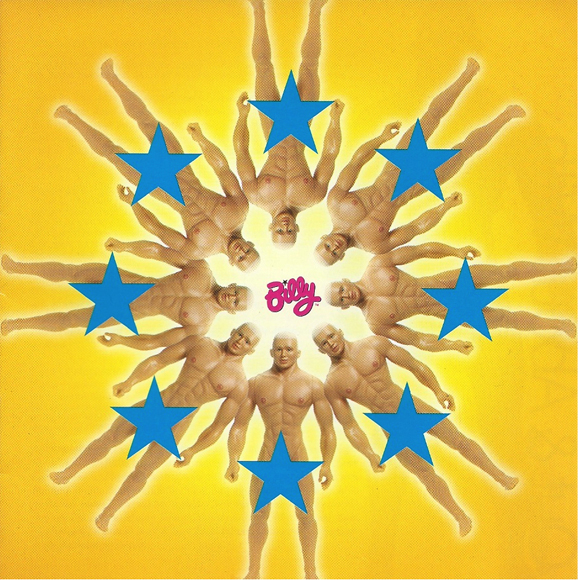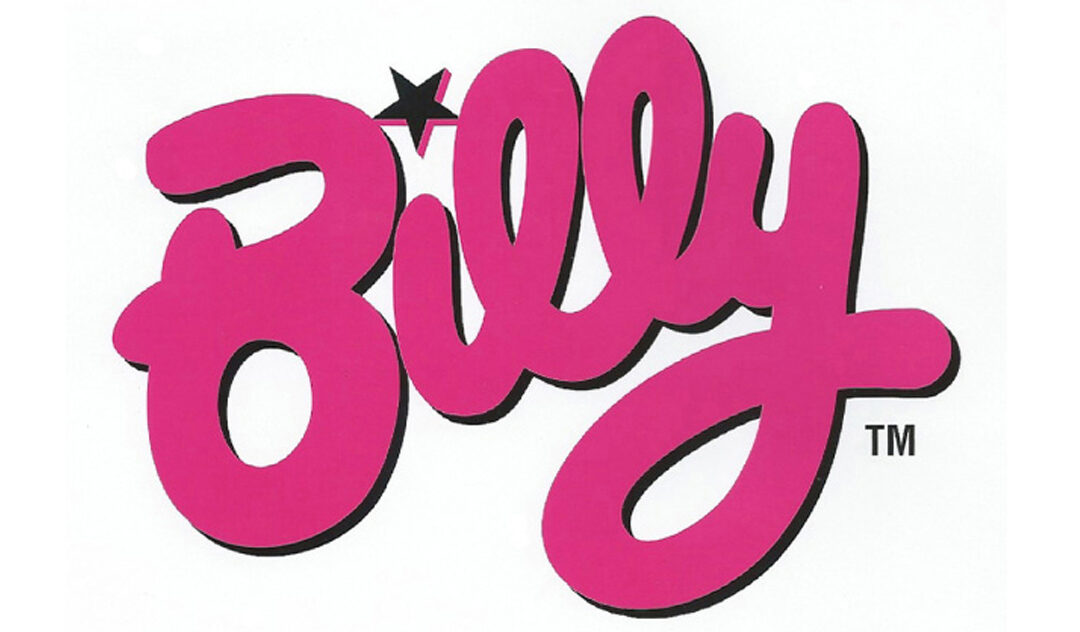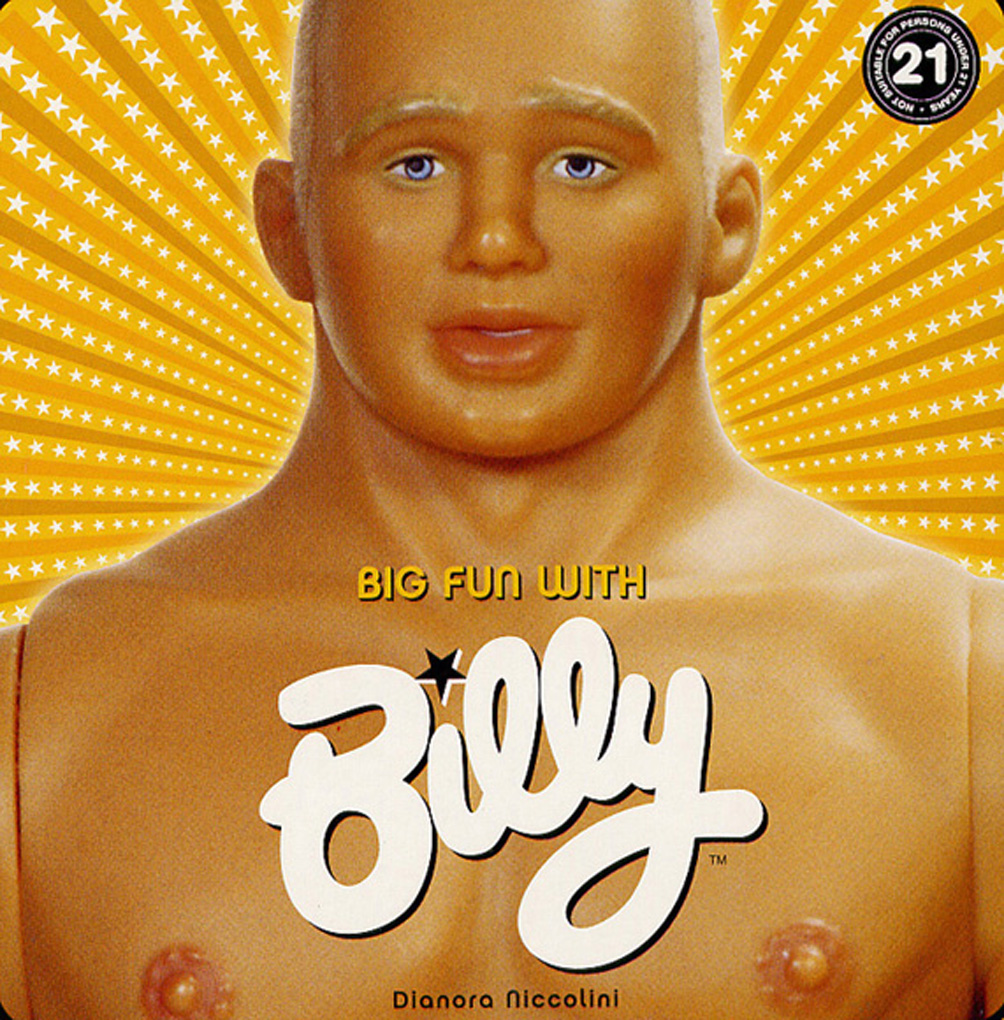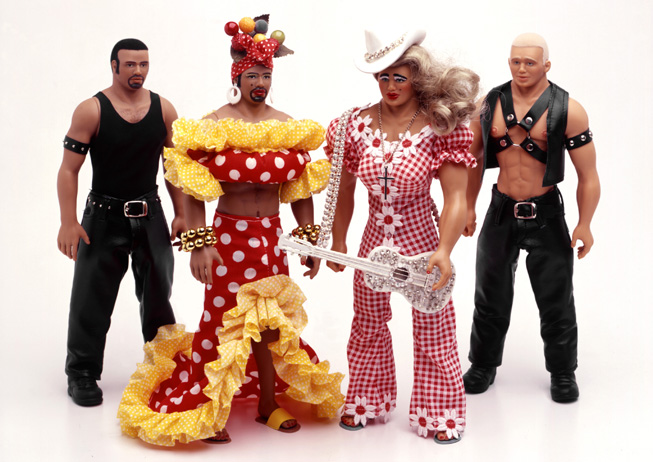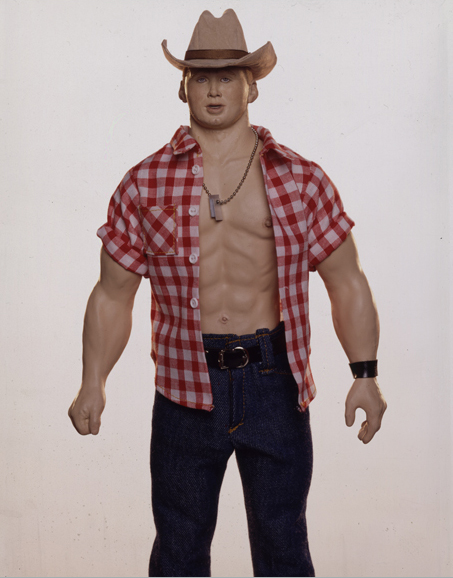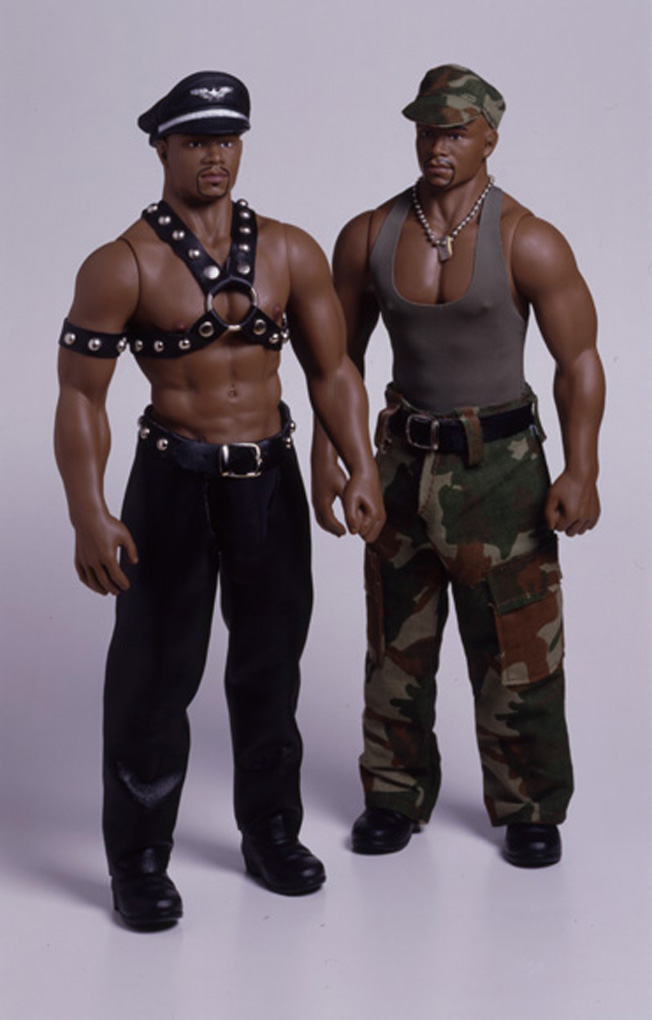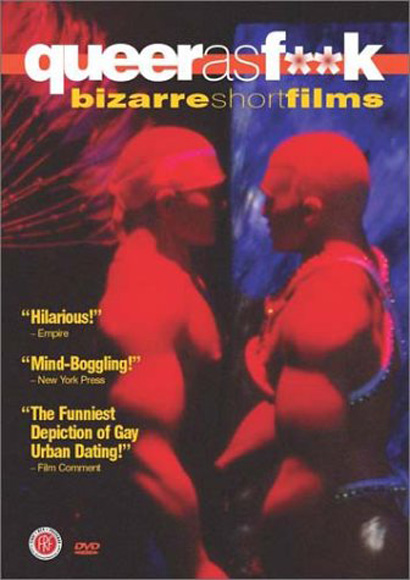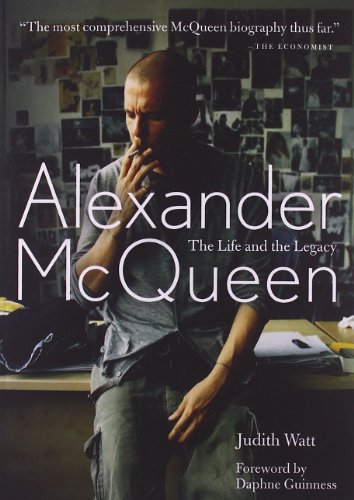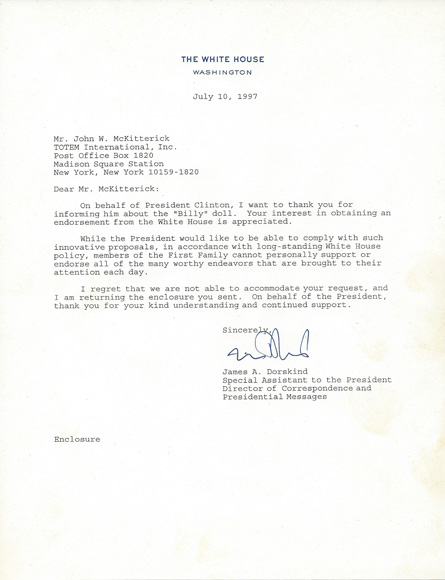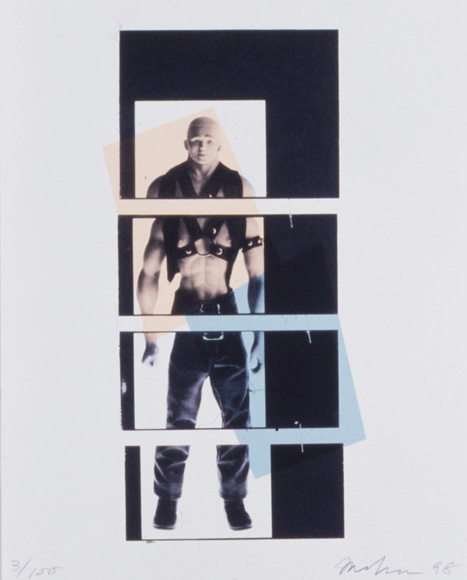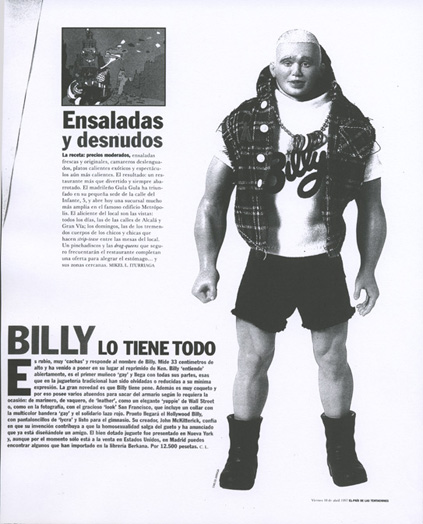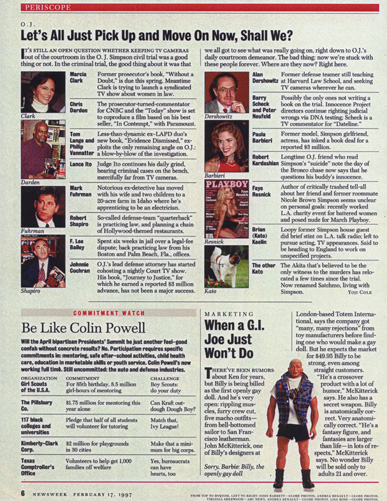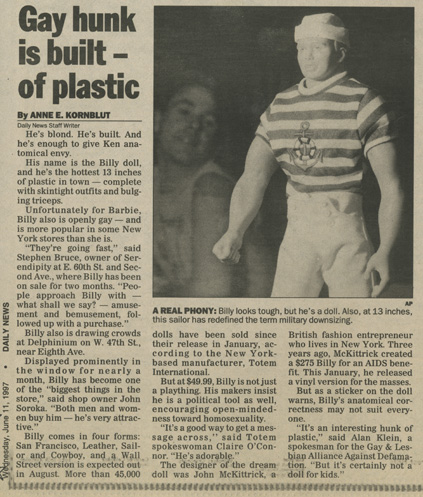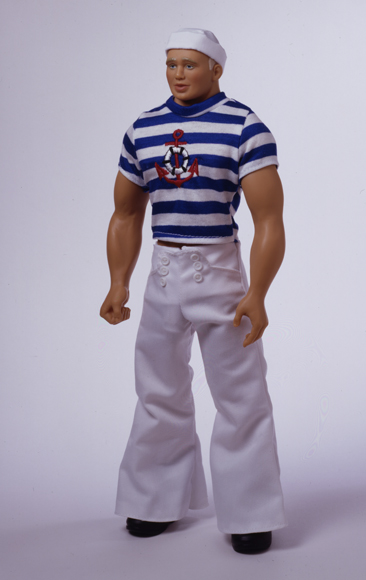Billy the Gay Doll
The Official Website of Billy – The World´s First Out & Proud Gay Doll
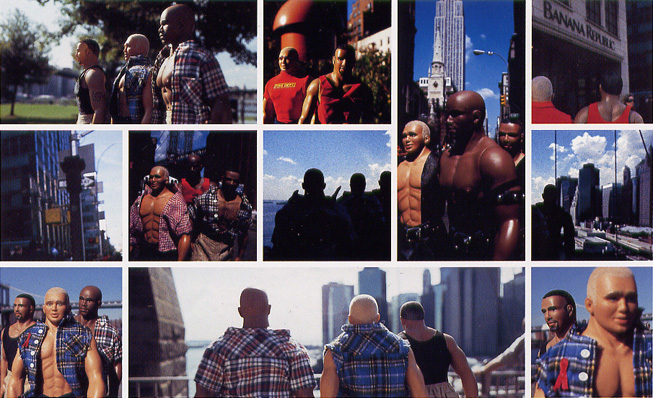


In the highly politically and emotionally charged atmosphere of London in the late 1980´s with the Thatcher government’s hostility towards the gay community resulting in the legislation of Section 28 and creativity in the capital derailed due to the AIDS epidemic, artists John McKitterick and Juan Andres began collaborating on a conceptual artwork – a postmodern mix of art, politics and sexuality.
The concept began with the creation of a character, one who would capture the public’s imagination, attract positive attention, and encourage debate. The initial artwork was a purposefully controversial sculpture, presented naked, exaggerated, realistic, an inspirational, social and sexual statement entitled Billy. Billy was a character who would champion diversity, gay visibility, safe sex and HIV/Aids awareness.
Billy was a conceptual work of art and therefore totally premeditated – an art practice that allowed for multiple artworks to be planned and decisions made even long before the exhibition of the initial sculpture. This approach was essential to McKitterick and Andres so they could continue to communicate the concept in the future to other artists, creatives and institutions, to the corporate, religious and political worlds and most importantly to the public, via further artworks, sculptures, exhibitions, books, music, film, photography, commercial products, charitable fundraising and the media.
In order for Billy to succeed, McKitterick and Andres instinctively knew that Billy had to exist both within the areas of, and cross the boundaries between, contemporary art and mass culture. This would be art through communication, collaboration and provocation, a place ‘where attitude becomes form.’
Billy was first exhibited on November 15th, 1994 at The Freedom Gallery in Soho, London, as twelve related sculptures, each within an edition of one hundred. Immediately Billy was celebrated internationally by the mainstream media, he aroused interest and excitement from other artists and was actively encouraged and applauded by a supportive public. The more conservative in society, including some sections of the gay community attacked Billy and unwittingly provided more visibility and further debate.
SEE MORE…
An illustrated History of Billy
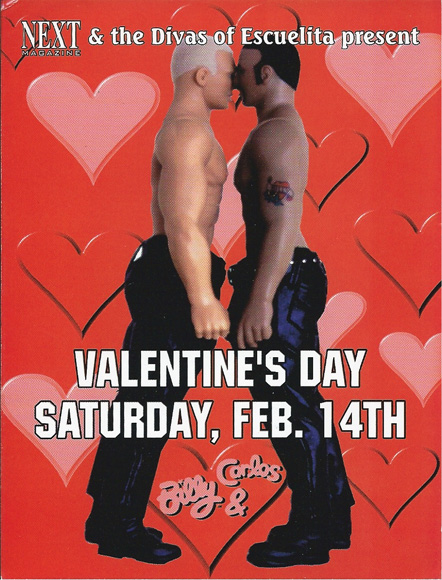

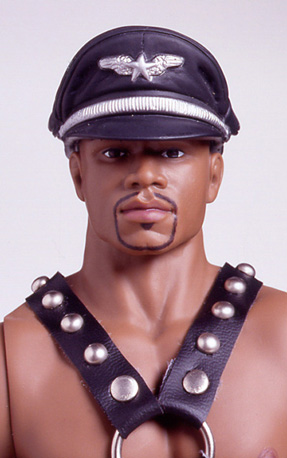
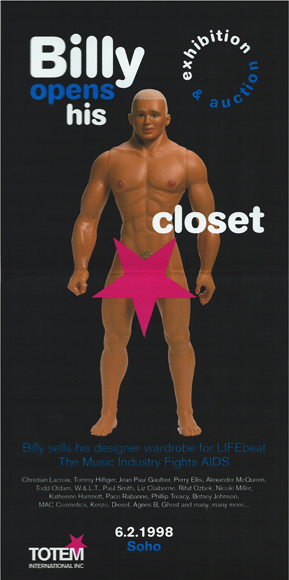
Follow Billy on Instagram
billythegaydoll_official











